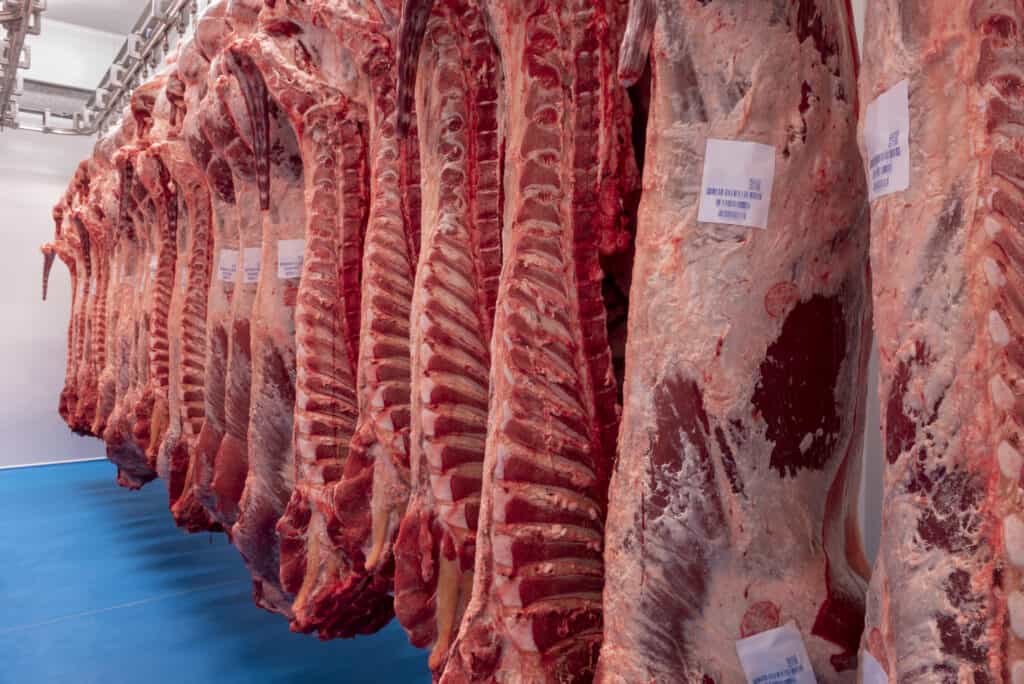
Washington’s Latest Agricultural Debate In a recent development in Washington, Senators Mike Rounds and Jon Tester have taken a significant step towards challenging the importation of beef from Paraguay. This bipartisan effort, announced on December 13, seeks to employ a Congressional Review Act resolution to counter the Biden Administration’s decision from November, which authorised the importation of Paraguayan beef into the United States. The Core of the Controversy The crux of the senators’ argument hinges on concerns related to foot and mouth disease, a condition historically associated with Paraguay. Senator Rounds, representing South Dakota, voiced his apprehension, emphasising the potential risks this decision poses to both local producers and consumers. He stressed the importance of ensuring that beef consumed in the US adheres to the nation’s stringent safety standards. Legislative Response and Data Scrutiny Earlier in December, Rounds and Tester had initiated legislation urging the US Department of Agriculture to reassess the situation based on more recent data. They highlighted that the last reported instances of foot and mouth disease in Paraguay were in 2012 and that the USDA’s current stance relies on an analysis dating back to 2018. Furthermore, they noted the absence of recent site visits by American inspectors to Paraguay, the last being in 2014. Senator Tester, representing Montana, echoed these concerns. He criticised the USDA’s decision for potentially compromising both consumer safety and the interests of American ranchers. Tester’s remarks underscored the necessity for current and comprehensive data to ensure that imported beef meets the same health standards as domestic products. The Proposed Legislation and Its Reception The senators’ proposed bill, beyond seeking to halt beef imports, also recommends the formation of a working group. This group’s task would be to evaluate the potential risks to food safety and animal health associated with beef imports from Paraguay. This legislative move has found support among various industry groups, including R-CALF USA, the US Cattlemen’s Association, and the National Cattlemen’s Beef Association. The actions of Senators Rounds and Tester reflect a proactive stance on maintaining high health standards in the US beef industry. Their bipartisan initiative highlights the critical nature of thorough and up-to-date data analysis in making informed decisions about beef imports.



